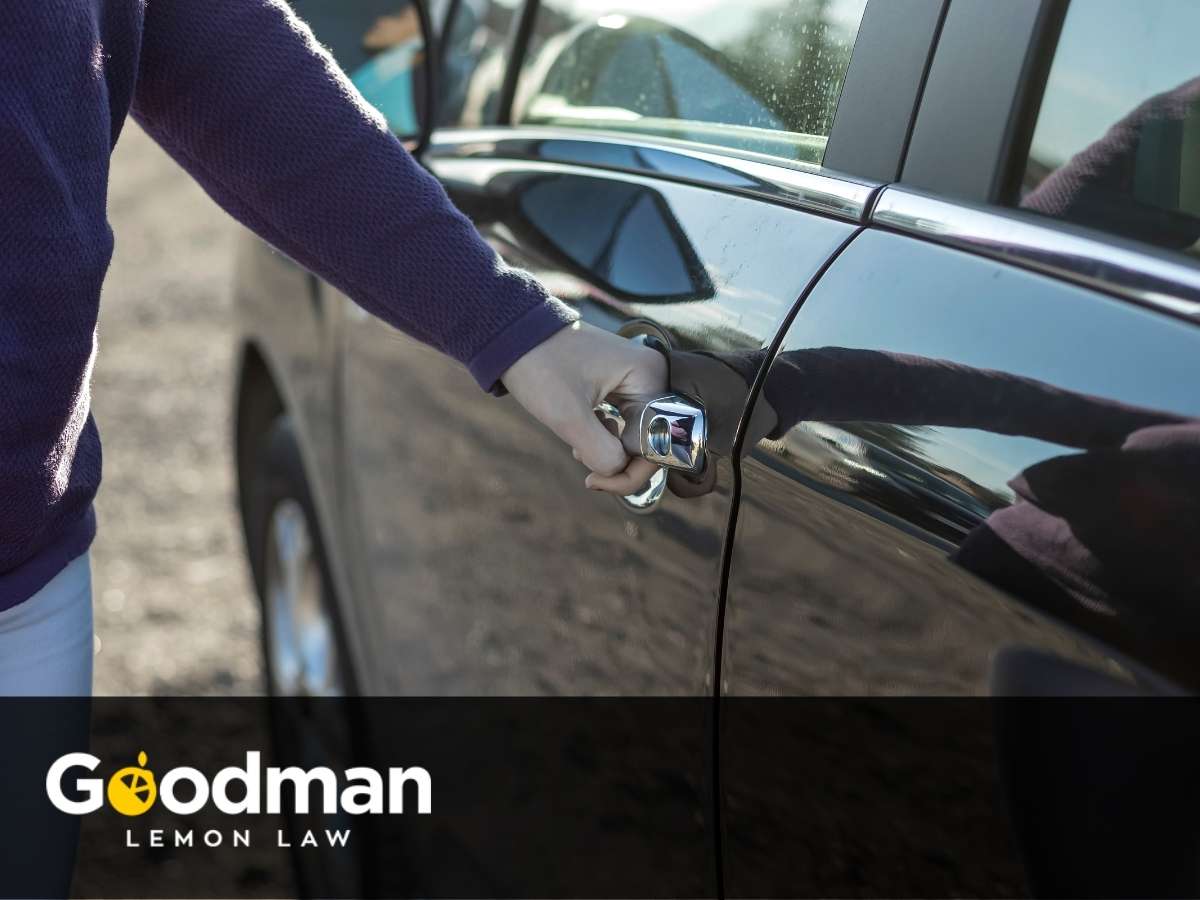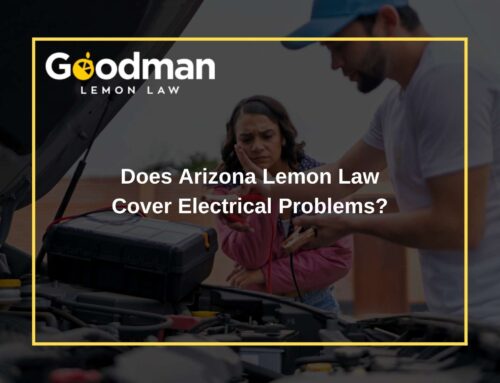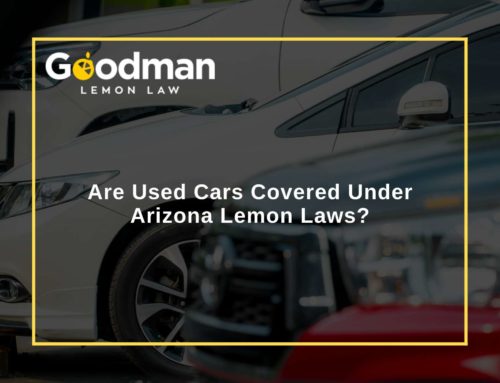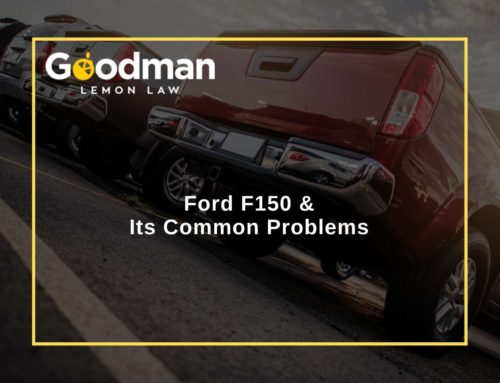Lemon Law Vs. Auto Fraud: Understanding The Difference
Did you recently purchase a used vehicle only to discover later that it was defective? Is the defect severe enough to compromise the safety and functionality of the vehicle? Or maybe you purchased a used vehicle and ended up paying much more than its actual value.
If you answered yes to these questions, you might be a victim of auto fraud or a lemon vehicle. Although these two problems often overlap, there are also several differences. Learn more from a trusted Tempe lemon law lawyer about the differences between lemon law and auto fraud.

Lemon Law In Arizona
Some drivers are surprised to learn that lemon law applies to both new and used vehicles, although the specifics vary from state to state. In Arizona, lemon law provides compensation for vehicle owners whose newly purchased vehicles do not perform the way they should after they’ve been purchased. Most types of vehicles, including motorcycles, are included under Arizona lemon law.
In order to qualify as a lemon, your vehicle must meet the following conditions:
- The vehicle, whether new or used, has manufacturing defects that negatively affect the value, safety, or usability of the vehicle.
- The vehicle is covered by a warranty that is provided by the vehicle manufacturer, dealer, or distributor
- The warrantor was given a reasonable number of opportunities to repair the vehicle through its authorized repair facility, typically 3, 4, or 5 visits
Typical defects that are covered under Arizona lemon law include:
- Steering defects such as loss of power steering
- Premature brake or rotor wear
- Anti-lock braking system failure
- Brake pedal failure
- Seat belt failure or defects
- Electrical dysfunction
- Engine computer malfunctions
- Defective cruise control
- Defective airbags
- Defective paint
- Body defects
- Automatic transmission failures
- Fuel injection system leaks
- Steering pull
- Stalling, sudden acceleration, or surging
- Engine fire and failure
If you’re wondering whether you’ve purchased a lemon vehicle and want to seek compensation, consult with a Glendale lemon law attorney for guidance.
Auto Fraud In Arizona
Auto dealer fraud is deceitful practices by vehicle dealers. This can take a wide variety of forms but typically involves deceptive statements throughout the advertising of the vehicle, negotiations, sale, or financing of the vehicle, although fraud can happen at any point during the vehicle sale and purchase process.
Common types of auto dealer fraud include the following:
Non-disclosure That Vehicle Was Previously Used For Taxi, Limo, Or Rental Services
If a vehicle was used as a taxicab, limousine, or rental vehicle, it likely has very high mileage and needs repairs. This significantly reduces the vehicle’s sale value. When a dealer conceals the vehicle’s previous usage, it’s considered fraud.
Non-disclosure Of Frame Damage
Frame damage seriously diminishes a vehicle’s ability to provide stability while driving and stability in an accident, because the car’s frame provides the foundation of the vehicle and is an essential safety feature. Therefore, vehicles with frame damage are a potential threat to the safety of drivers and passengers. Dealers are obligated to disclose this information in writing to potential buyers.
Non-disclosure Of Previous Accident
When a vehicle has been involved in an accident, the seller must disclose the situation and indicate the extent of any damage to the potential buyer.
Non-disclosure Of a Salvage Title
This happens when an auto dealer does not disclose the salvage title status of a vehicle.
Non-disclosure Of The Condition Of The Vehicle
This refers to an auto dealer’s failure to provide accurate details to the buyer at the time the vehicle is purchased.
Non-disclosure Of lemon Law Buyback
Occasionally, a manufacturer repurchases and repairs a lemon vehicle for sale. When this happens, the dealer must notify the buyer.
Mileage Fraud
This common auto fraud practice involves tampering with or changing the odometer and therefore not revealing the vehicle’s actual mileage.
“Bait and Switch” Advertising
This common, fraudulent practice takes place when a dealer advertises a vehicle at an incredibly low price. When buyers come in to purchase the vehicle, the dealers state that the vehicle is no longer available and compels them to purchase a different, more expensive vehicle.
Warranty Fraud
Falsely claiming that a warranty provides certain coverage or protection that it does not actually provide, or falsely representing an extended service contract is considered warranty fraud.
Drivers who suspect that they are victims of auto dealer fraud should seek representation and legal advice from an experienced Mesa lemon law attorney.
Avoid Vehicle Fraud With An Arizona Lemon Law Lawyer
In many cases, buyers don’t become aware of auto dealer fraud or lemon vehicles until weeks or months after their purchase. If you suspect fraud or a lemon, and don’t know what steps to take, get in touch Goodman Lemon Lawyer PLLC. Don’t let your case go to a firm where it will be handed off to paralegals; work with a trusted attorney who will handle your case personally! Schedule your free consultation today!
935 E Main St., Suite 205,
Mesa. AZ 85203
Office: (480) 808-1538








